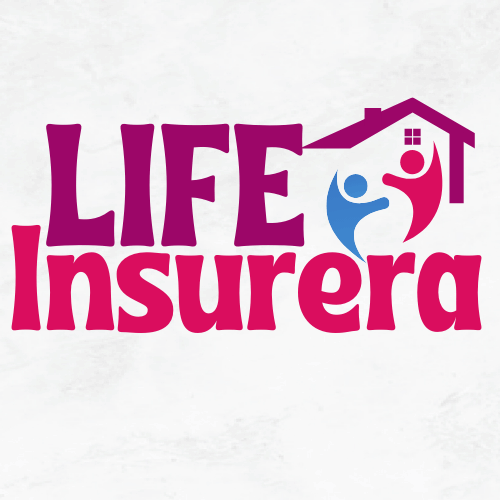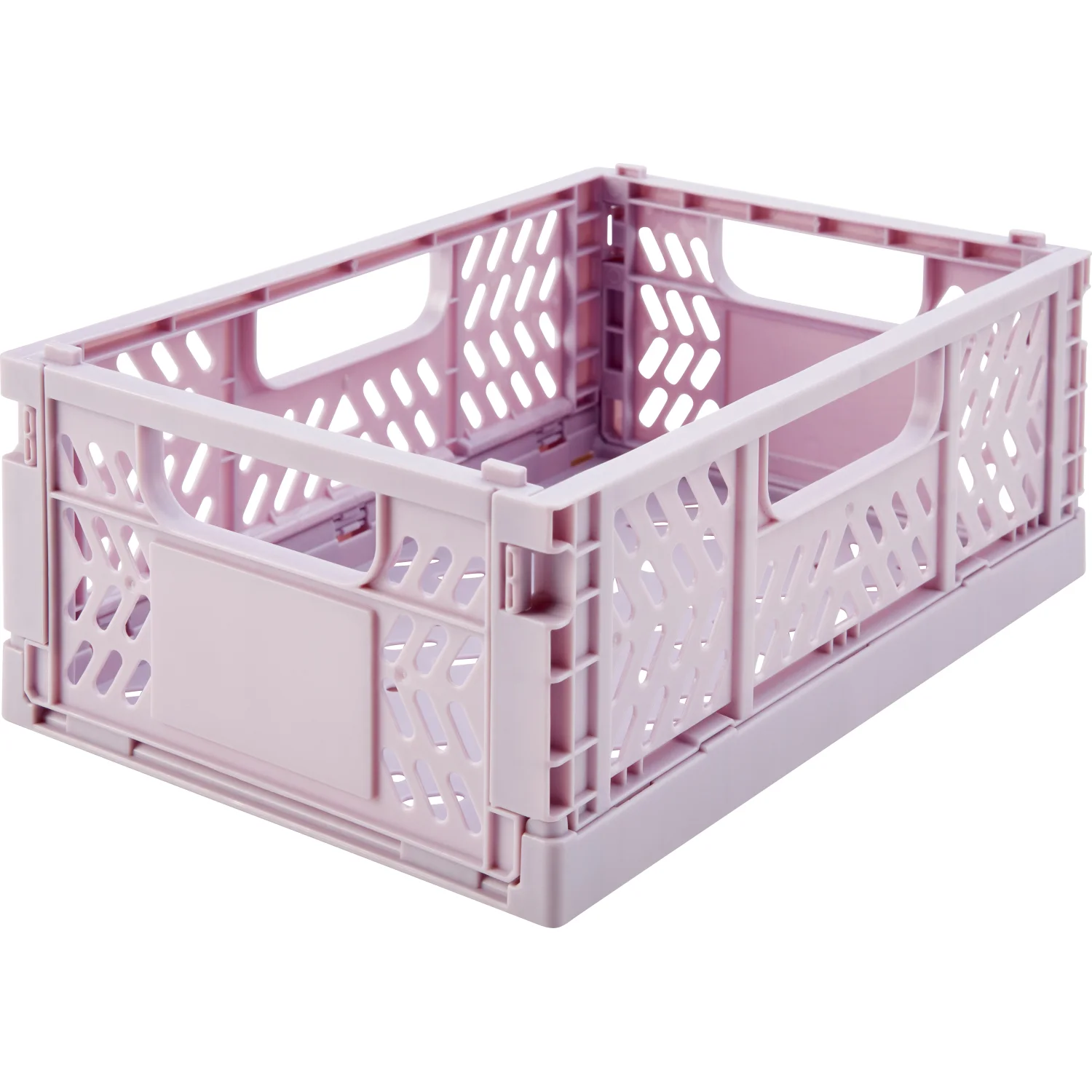When you die, the account’s ownership bank account could be transferred over to the joint account owner, if you have listed one. If there is no joint account holder and you’ve been listed as a beneficiary, they will receive the money.
However, if there is no joint account as a beneficiary or holder, the account could be transferred to the probate court or to the executors of the estate according to the terms of your will. But the process can become more complicated since there are different types of ownership. Find out more aboutthe possibilities that could affect the money that are in the checking account upon your death.
What Takes Place Right After Death
The ideal scenario is that family members make contact with the bank to inform them of your passing and also provide an official death certificate, as well as the Social Security number. Once the death has been registered and confirmed by the bank, they can verify that the person died and also freeze the account or transfer ownership to an individual beneficiary.
When the person who died is receiving Social Security benefits and a funeral home was involved in arranging the funeral, the funeral director usually informs the Social Security Administration (SSA) to stop the benefits.
After being notified, the bank will notify the beneficiary or family members about the next steps, based on the kind of account that is involved.
Personal Checking Account
If you’re the sole person named on a check account, and you pass away in the course of your life, a number of things can occur. If you’ve designated the account to a beneficiary or someone who is heir to the funds that are in your account, they’ll get the money after they’ve submitted evidence of your demise in writing to the institution.
Bineham & Gillen. “Do Banks Freeze Accounts When Someone Dies?”
If you do not have a joint account holder or beneficiary, the process may become more complex. It is possible that the executor of the estate you have named in your will could manage the account and gain access to the funds after your estate goes through the probate process.
If you don’t specify a beneficiary and don’t have a will in place, the account is considered part of your estate. In probate, the judge will decide how to divide your assets, which includes the cash in your accounts.
A Joint Checking Account
If you have a bank account and a joint owner, they usually have the right to survivorship. This means that upon your death, the account becomes the sole owner of the joint account owner. Usually, they must submit proof of your death to their bank so that the bank can correct the records of the account.
Setting up your account as a joint checking account could be a convenient method of managing your finances after you die because it doesn’t require the need to name an individual as a beneficiary, who is heir to the money in the account. Instead, you, the account owner, will have access to all funds and can control the account in the future.
When Death Occurs Without a Will
It can be a bit tricky when there’s no joint account owner or a beneficiary. Be aware that if you select the beneficiary option, they will be able to provide a death certificate and receive a check on your death in the absence of an account holder who is a joint owner. If there is no account owner, a beneficiary, or an executor in the case of an account, your account is transferred to a probate court that decides on the distribution of funds. In the process of probate, the checking account will be frozen.
Other Particular Situations
If you die and are left with unpaid debts, and joint checking accounts, the creditors are not able to pursue the joint account holder to settle the amount due. Instead, the money becomes theirs. If you don’t have a joint account, the debts are paid with the assets you have during the probate. 3 Then, when you’ve designated beneficiaries, they’d be the beneficiaries of the remaining funds.
When your bank account is drained on the date of your death, and you are an account holder who is a joint the joint account holder will be accountable for the payment of the overdraft. If your account has been drained and you’ve listed the account as a beneficiary, they’ll not be liable to settle the account since there is no money in the account.
Bottom Line
The preparation and planning process can assist your heirs as well as loved ones in managing your financial affairs with ease in the event of your death. If you plan to gift the account to someone else, creating an account holder in a joint capacity can give them greater access to your funds. If not, the designation of beneficiaries can help you to distribute your funds more efficiently and avoid probate.




